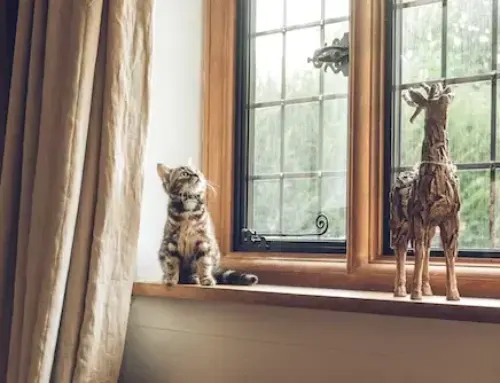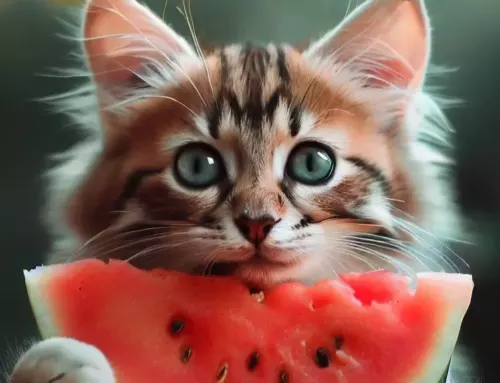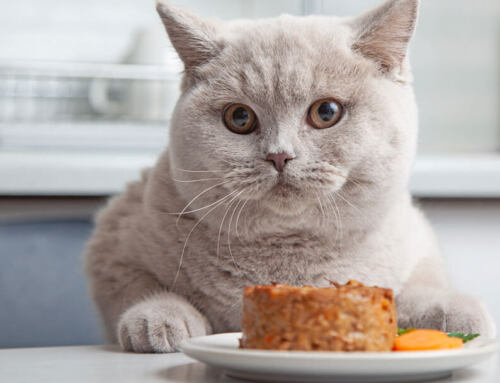What do you do if you’ve just settled in to watch a movie with a huge bowl of popcorn and your cat walks over and starts trying to eat a few fallen kernels? Humans love popcorn, but is it okay to give it to your cat or cat too? The short answer to the question of whether or not cats can safely eat popcorn is “it depends.”
In moderation, popcorn is fine for cats to eat, but it won’t offer them much in the way of nutrients. But, you should keep in mind that the condiments you use to season your popcorn could include unhealthy ingredients.
Understanding the Safety of Popcorn for Cats
Can cats have popcorn? The answer may surprise you
Will a cat enjoy popcorn? The reply could catch you off guard. Popcorn kernels pose a choking hazard to cats, but the snack itself is safe for them to eat. If you don’t want your cat to get sick, don’t feed it popcorn. When cooked, popcorn corn puffs forth from the kernel. When popped with oil or butter, popcorn takes on a salty, buttery flavor. As a result, it is frequently used in microwaveable packaged goods like microwaveable popcorn bags.
Popcorn may be fine for people to consume, but cats should probably avoid it. Owing to their status as obligate carnivores, felines can’t thrive without regularly consuming meat. Popcorn, which is high in plant-based proteins, might upset a cat’s stomach since it isn’t easily digested. Also, the kernels present a choking threat.
Cats have very specific dietary needs, so it’s important to find a treat that fits those needs. Treat your feline friend to one of the numerous tasty and healthy options available today. Popcorn is safe for cats to eat. Popcorn, in comparison to other snack foods, is low in calories and high in fibre. It may also contain antioxidants that are helpful for canine health. Popcorn is great for your cat, but be careful not to overfeed it, as it may be high in sodium and fat.
Cats are average eaters, preferring neither extremes when it comes to their food. In comparison to cats, they are not picky eaters, but neither are they as oblivious as bears. Thus, simple, air-popped popcorn can be included in a cat’s diet, but only in small amounts. There’s absolutely no shame in feeding your cat some popcorn. Even more surprisingly, several vets recommend popcorn as a healthful treat for canines.
Alternatives to Popcorn for Cats
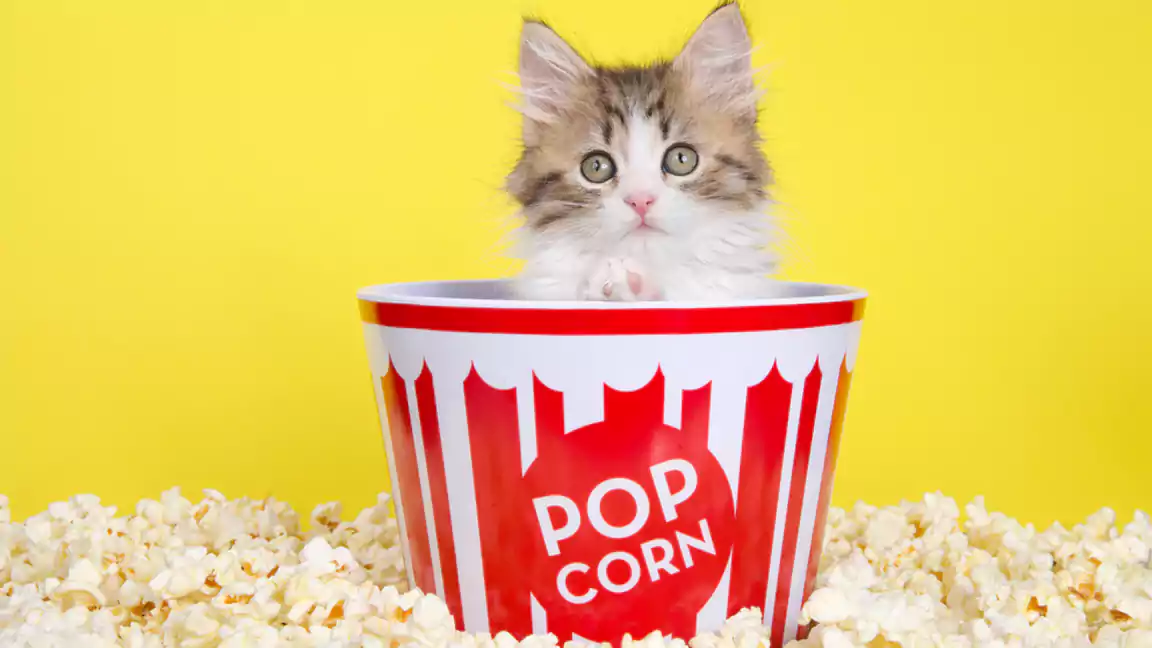
Cat-friendly snacks: A guide to feeding your pet a balanced and nutritious diet
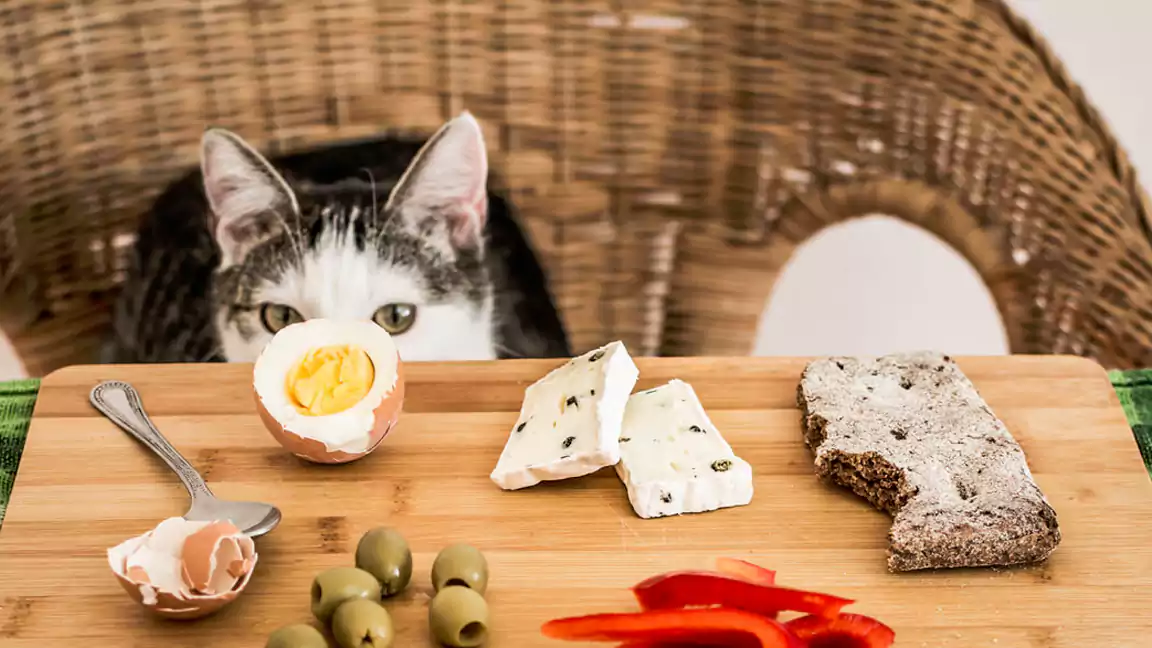
Protein from animals is essential for a cat’s diet.
According to Chewy vet Jennifer Coates, DVM, “although there isn’t a specific diet that is perfect for all cats, in general, most do best when they eat meals that are high in moisture and protein and somewhat low in carbohydrates.” According to research published in 2011, “cats prefer to self-select a diet that supplies them with roughly 52 percent of their calories from protein, 36 percent from fat, and 12 percent from carbs when provided access to foods of varying protein, fat, and carbohydrate concentrations.” In conclusion, feline vegetarianism is a myth. If you really love your cat, you’ll want to avoid these 12 blunders that other owners make in addition to feeding it the wrong food.
Incontestably, Age Is a Factor
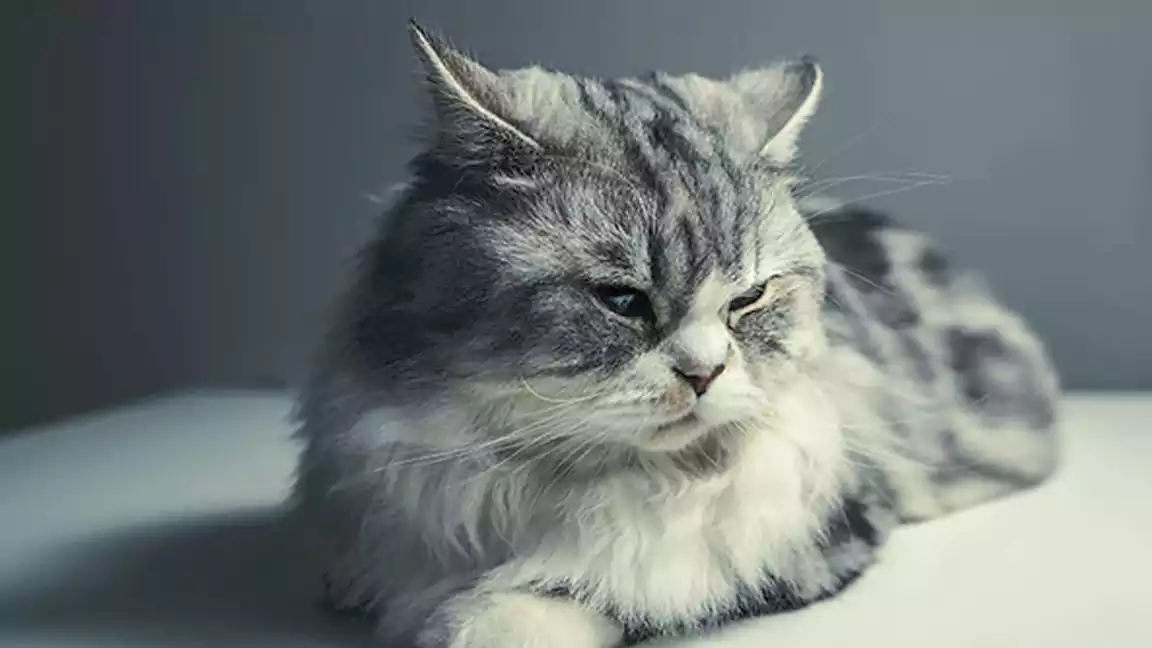
Shopping for cat food is complicated enough without having to worry about whether or not it’s appropriate for your cat’s age. Activity levels and nutritional requirements vary across the lifespan. Kittens, for instance, are often much more active than their elder counterparts, and they also require a higher caloric intake to support their rapid growth. Brittany Carey, manager at Cat Safari in San Francisco and a certified cat expert, says that just as people need different nutrients as they age, so do kittens and adult cats.
“You may get cat food labeled “for all life stages,” but it’s best to look for food formulated for your cat’s specific age.” We’re willing to bet you didn’t know any of these things about your cat. Grain-free and created with natural ingredients like duck and turkey, this high-quality kitten chow is also rich in hydration, additional vitamins, and amino acids, all of which contribute to a strong immune system as the kitten’s age.
The food your cat requires may change as they age.
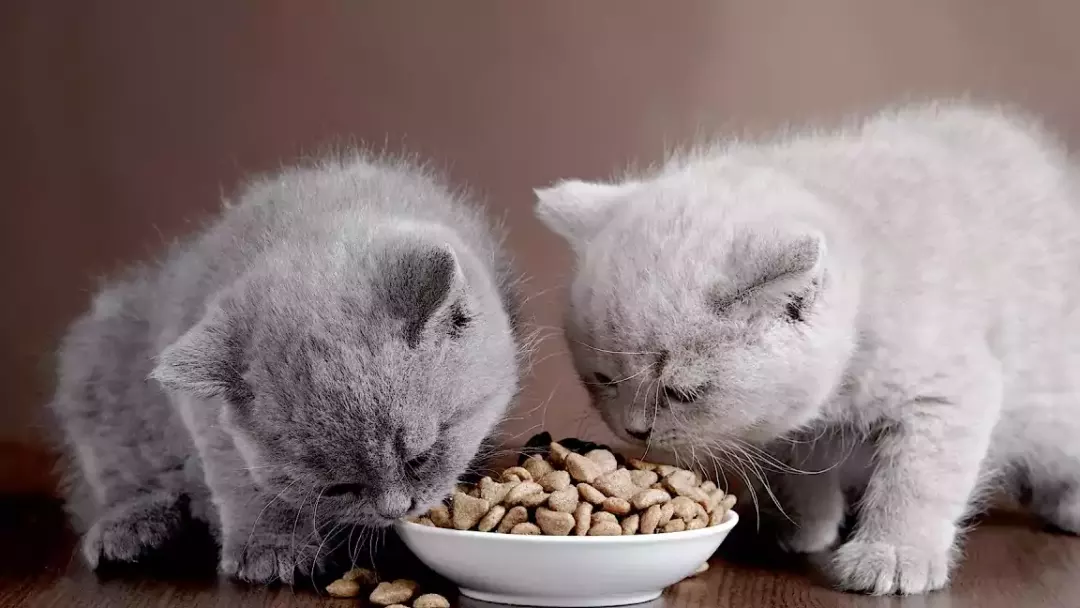
Aside from your cat’s age, you should also think about any health issues or food sensitivities it might develop. The VCA suggests that some cats need more simple diets than others due to allergies, and that cats that are nursing their kittens require a considerably higher calorie diet. Your veterinarian will be your best resource for addressing these concerns. All of these rumors you’ve heard about cats are completely untrue.
An older cat’s renal system requires a diet high in protein and hydration, but one that is also low in fat and calories to minimize weight gain and its potentially harmful effects. This grain-free food is ideal for indoor cats that are a little older.
Possibly more satisfying is wet food.
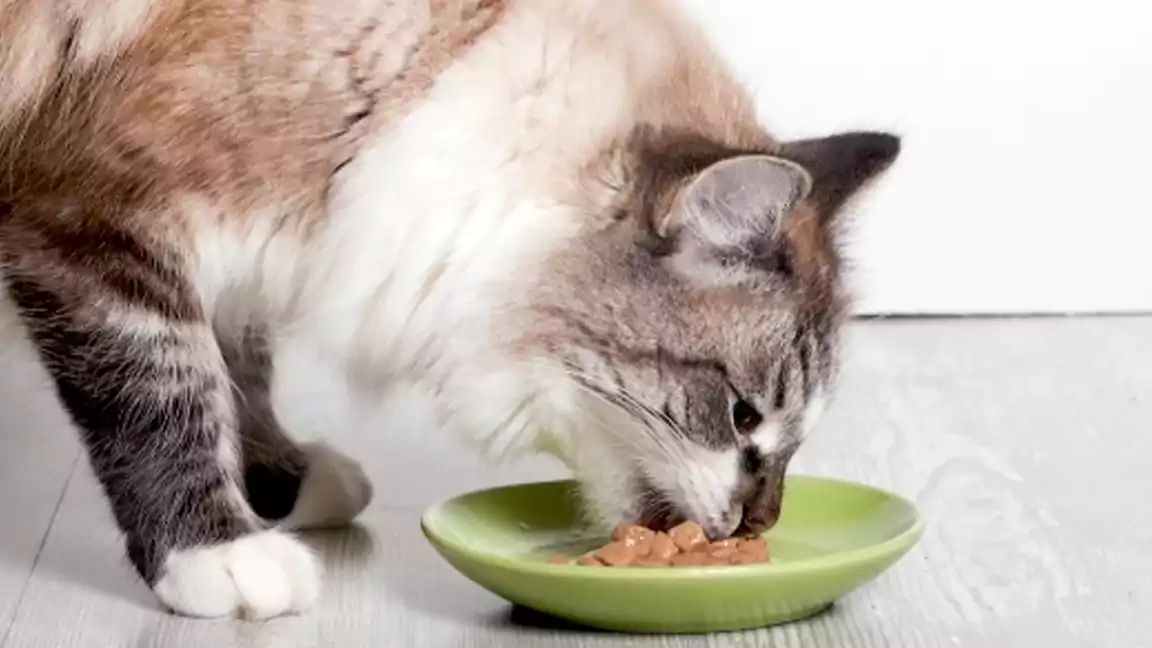
Although the quality of the food matters most, canned wet food is usually preferable than dry kibble for cats. According to Dr. Coates, “typically, wet meals suit a cat’s nutritional demands better than dry.” Nevertheless, this is not always the case. Wet cat food can make your cat sick in a number of ways, but one of them is if the bowl isn’t cleaned properly after each meal.
Try to find the AAFCO declaration.
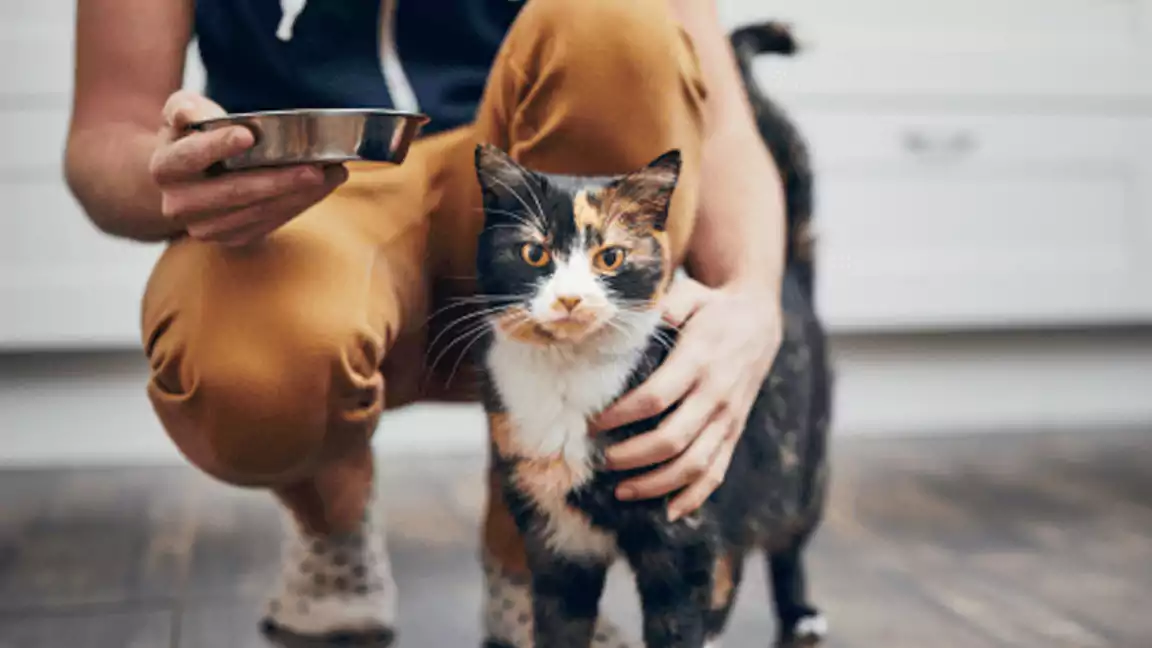
Carey advises, “Don’t worry about the ingredients in your cat food; instead, focus on the nutrition in your cat food.” The Association of American Feed Control Officials (AAFCO) should certify that the food is complete and balanced. Know the meaning of your cat’s meows and meow-like sounds?
This AAFCO-approved, grain-free, fish-based cat food is an excellent choice for most adult cats.
Signs and Symptoms of Popcorn-related Health Issues in Cats
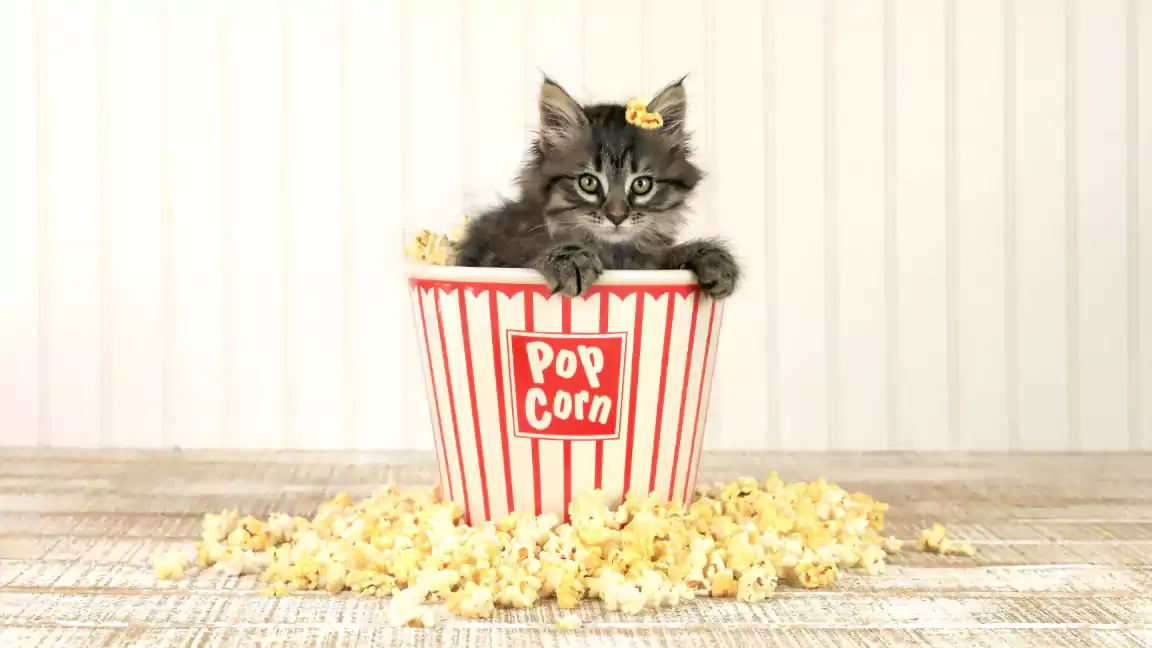
Can cats eat corn? A discussion of its nutritional value and potential risks
Obligate carnivores, like cats, need a diet high in animal-based proteins to stay healthy. They have a higher need for amino acids like taurine, which are predominantly found in animal-based proteins, and their digestive tract is optimized for breaking down and absorbing these nutrients. Although cats are ostensibly omnivores, it is vital to have a firm grasp on the species’ nutritional requirements and potential dangers before introducing new foods. Here, we’ll talk about maize as a cat food and examine its benefits and drawbacks from a health perspective.
Cats benefit from corn’s high nutritional value.
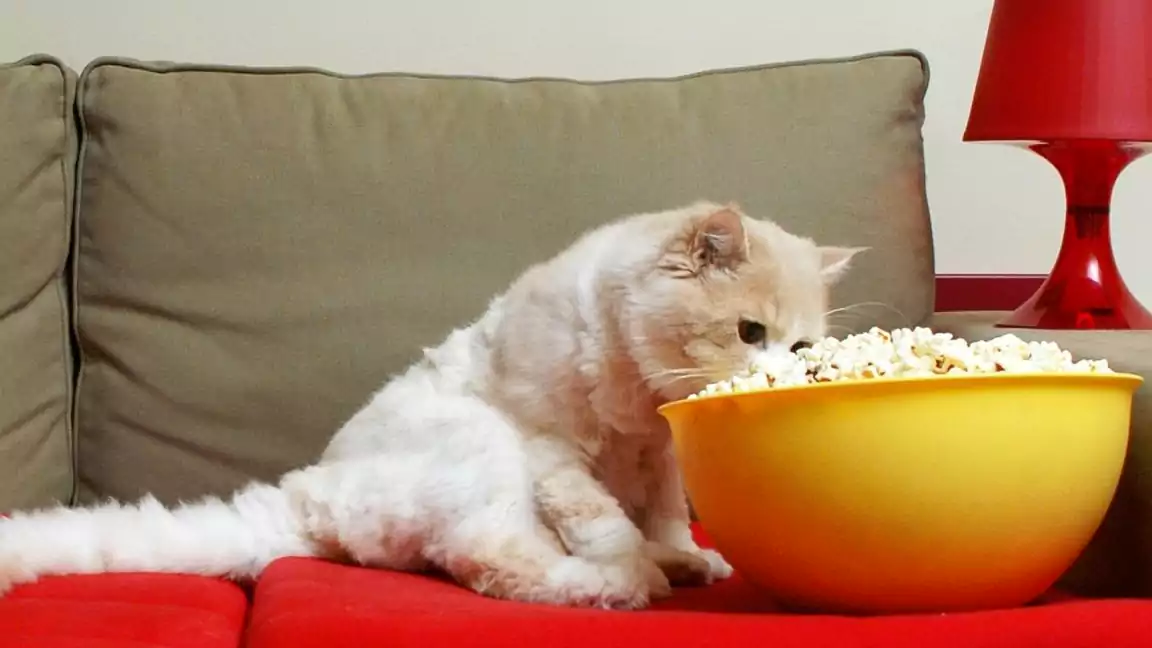
Corn is a cereal grain that is frequently used as an inexpensive filler in commercial cat food. Carbohydrates, thiamin, niacin, and vitamin B6 can all be found in this food. Even though there is some protein, fat, and fibre in corn, cats have a hard time digesting it.
Corn may seem like a healthy addition to a cat’s food to some owners, but cats actually don’t need any sort of carbohydrate in their diet. Carbohydrates are important for energy and growth, but too many might cause health problems in cats. In addition, cats lack the enzymes necessary to properly digest plant-based proteins, thus they waste away the protein in maize.
Popcorn allergies in cats? Possible.
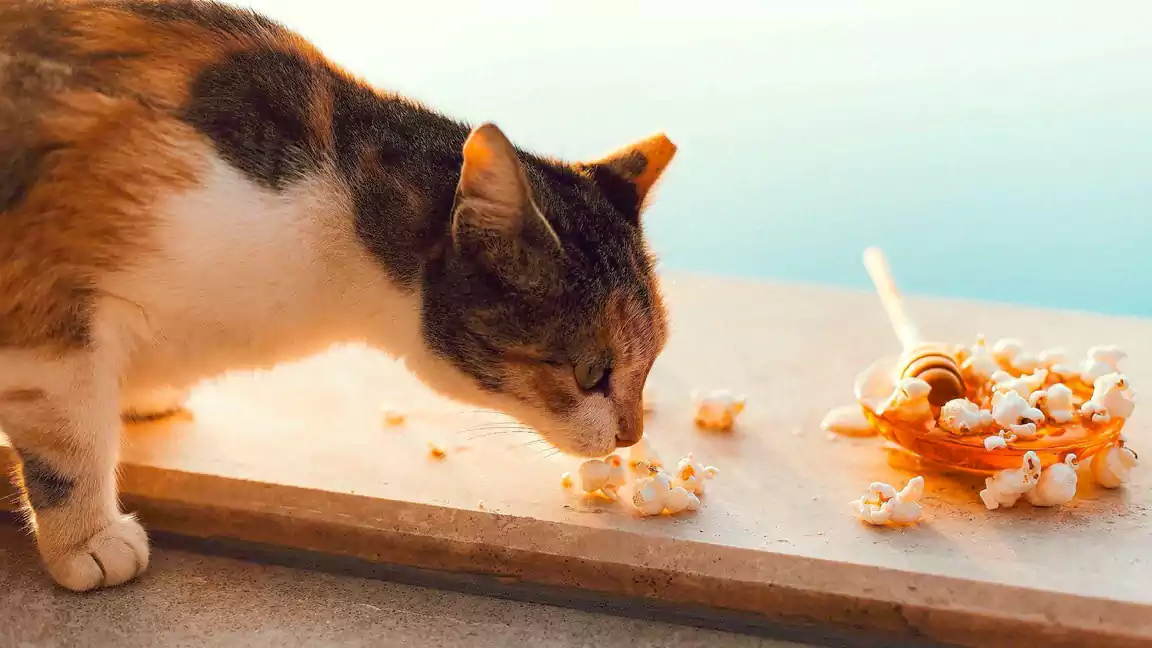
To answer your question, yes, cats can be allergic to popcorn. Some cats may be allergic to the grain itself, despite the fact that most cats like the occasional treat of a popped kernel or two. Cats, like humans, can develop sensitivities to foods like popcorn that were once able to enjoy. Hence, if your cat has developed an allergy and shows symptoms such as itching, sneezing, watery eyes, hives, or vomiting after consuming popcorn (or coming into touch with it), he probably has an allergy.
Cat allergies can be life-threatening, so if you suspect your cat has one, it’s important to get him checked out by the vet as soon as possible. Meanwhile, make sure Fido doesn’t get his paws on the Kernel.
Conclusion
Everyone, of all ages, loves snacking on popcorn. It’s versatile enough to work as either a side dish or a standalone snack. Cat owners, take note: popcorn is perfectly fine for your feline friends. But, there are a few ways in which your cat could end up munching on some popcorn. In most cases, it becomes lodged in the gums or between the teeth. This may seem innocuous, but it can cause serious health issues for your cat if you don’t address it. In this post, we’ll discuss how to treat a sick cat after its eaten popcorn, as well as preventative measures you should take in the future.

